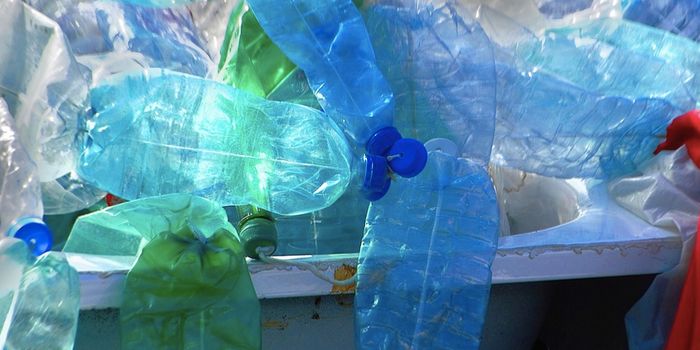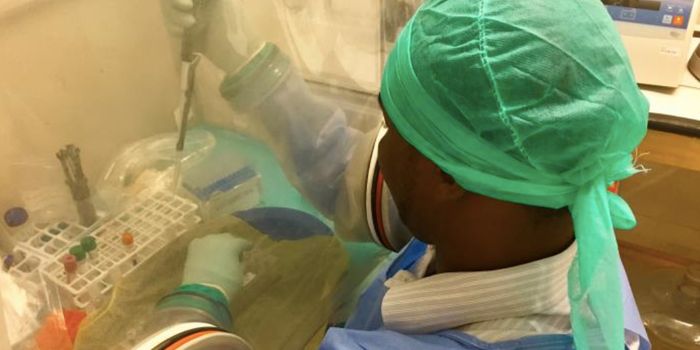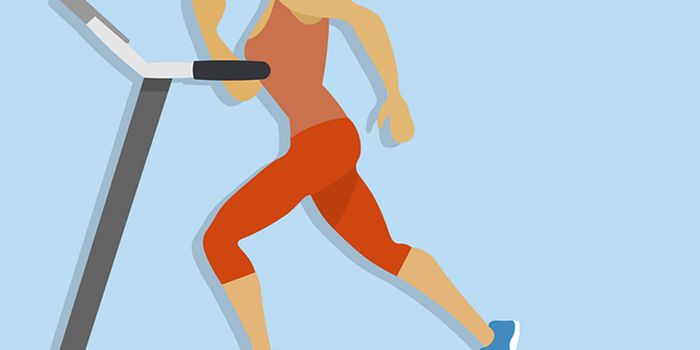What is the Connection Between Interpersonal Rejection and Increased COVID Precautions?
Some people who may not normally worry about disease may take greater steps to protect themselves against COVID-19 if they have experienced social pain or rejection. A study published in Social Psychological and Personality Science found that rejection makes people more likely to feel a need to protect themselves from others.
Researchers analyzed personal daily diary entries of 2,794 participants from the United States and United Kingdom. Diary entries contained reports of emotionally painful interactions with friends and acquaintances, level of concern about COVID-19 infection, and the extent of their pandemic safety precautions.
The authors found that people are more mindful of COVID-19 precautions if they have experienced social rejection. According to the lead author Dr. Sandra Murray, “Concerns about the social connection and concerns about disease can reinforce one another. When you’re really concerned about social connection, it can make you take the disease threat that others pose to you more seriously.” The researchers noted that when social interactions are less painful, people who are less concerned about infectious disease spread may be less likely to protect themselves. The problem is that people who do not feel as socially vulnerable may downplay infection risk and disregard common pandemic safety precautions.
The study suggests that normal social interactions can influence how people respond to COVID-19. The threat of COVID-19 has affected the mental health of so many and increased fear, depression, anger, and anxiety. Disruption of routines and closure of many public places, restaurants and businesses have heightened many people’s sense of uncertainty and danger.
The researchers plan to examine how daily experiences with social pain might impact behavior and attitudes about preventative vaccinations. Understanding how non-physical threats posed by others shape people’s attitudes and behavior may provide valuable insights for community health awareness campaigns that promote effective disease precautions and mental wellness practices.
Source: Social Psychological and Personality Science








